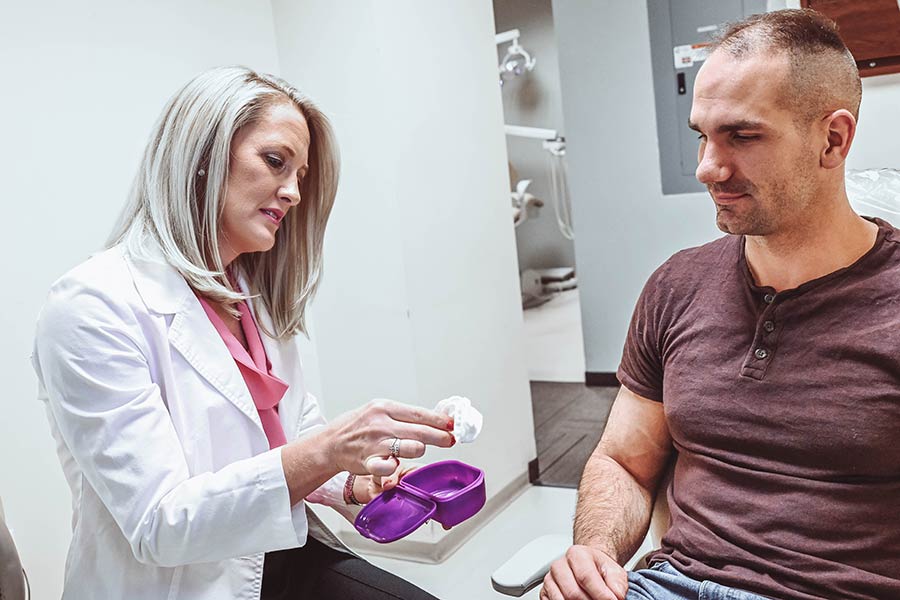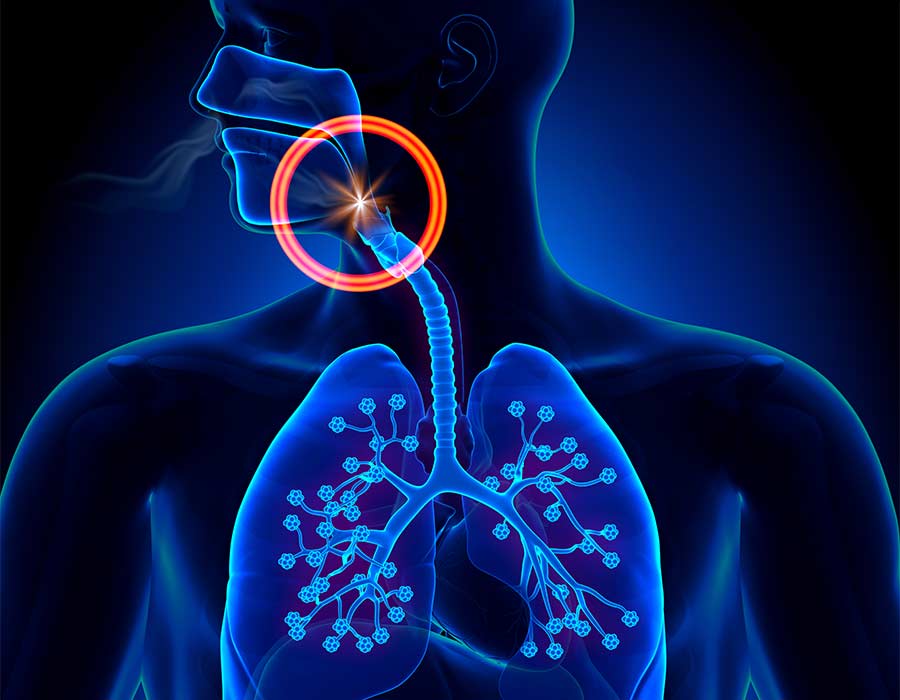
In the June 2017 edition of Dental Economics, Dr. Ashley Spooner, a distinguished dental professional, illuminates a critical yet often overlooked aspect of patient health in her article titled “What every dentist needs to know about sleep apnea.” With a focus on bridging the gap between dentistry and sleep medicine, Dr. Spooner emphasizes the pivotal role of dentists in recognizing, diagnosing, and managing obstructive sleep apnea (OSA) and its implications for overall health.
Against the backdrop of mounting evidence linking sleep disorders to systemic health conditions, Dr. Spooner highlights the imperative for dental practitioners to be well-versed in the signs, symptoms, and screening protocols for OSA. Drawing upon her expertise in dental sleep medicine, she elucidates the multifaceted nature of OSA, emphasizing its prevalence, risk factors, and potential consequences if left untreated.
Central to Dr. Spooner’s narrative is the recognition of dentists as integral members of the healthcare team in addressing sleep-related issues. Leveraging their unique position and frequent patient interactions, dental professionals are well-equipped to identify and refer individuals at risk for OSA, thereby facilitating early intervention and improving patient outcomes.
Furthermore, Dr. Spooner examines the oral manifestations of OSA, such as bruxism, temporomandibular joint (TMJ) disorders, and dental erosion, underscoring the interconnectedness between oral health and sleep-related breathing disorders. By elucidating these oral signs, Dr. Spooner empowers dental practitioners to play a proactive role in identifying potential indicators of underlying sleep disturbances during routine dental examinations.
In essence, Dr. Ashley Spooner’s article serves as a comprehensive primer for dental professionals, equipping them with the knowledge and tools necessary to address sleep apnea in their practice. By raising awareness about the link between dentistry and sleep medicine, Dr. Spooner’s article catalyzes a paradigm shift in dental practice, emphasizing the importance of interdisciplinary collaboration and holistic patient care in promoting overall well-being.




